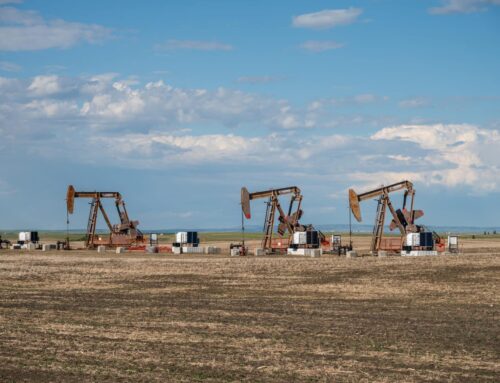View/Download this article in PDF format.
The General Mining Law of 1872, passed when Ulysses S. Grant was president, governs how mining companies extract precious minerals from our nation’s taxpayer-owned public lands. This antiquated law allows the mining industry to rake in billions of dollars from public lands by subsidizing the industry in myriad ways:
- The law permits mining companies to patent, or “take title to”, taxpayer-owned public lands for $2.50 to $5.00 an acre.
- The companies then extract precious metals and minerals from this land for free, paying no royalties back to taxpayers.
- Then, mining companies too often add insult to injury by sticking taxpayers with the cleanup tab.
Combined, these policies have resulted in billions of dollars worth of subsidies for the hardrock mining industry.
Throughout the history of the 128-year-old law, events have illustrated the need for increased taxpayer protection. It is estimated that there are 550,000 abandoned mines scattered around the American West that will cost between $32 billion and $72 billion to clean up. Because mining companies have repeatedly walked away from cleaning up those mines, federal taxpayers are stuck with the cleanup costs. This is not just a problem of the past – on the contrary, a recent report by the Center for Science in Public Participation and the National Wildlife Federation found that currently operating mines in the western United States could cost taxpayers $254 million to more than $1 billion for cleanup should mining companies abandon the responsibility. The federal government now has an important new tool that protects taxpayers and the environment from bearing the burden of irresponsible mining. After a four-year regulatory process that included thousands of public comments, last November the Department of the Interior published updated rules that govern mining on public lands, rules that have been in effect since January 2001. Among other things, the new rules require mining companies to post adequate bonds before mining commences. Left in place, these strengthened protections ensure that the mining industry, not the taxpayer, pays for environmental cleanup of modern mines. But, as this report goes to press, the Bush Administration has proposed to suspend these mining reforms, and reinstate the old rules that left behind a legacy of pollution and taxpayer funded environmental cleanups.
Reforming the regulations by requiring companies to post adequate cleanup bonds before mining begins acts as an insurance policy for taxpayers and helps to fix these outrageous loopholes. Passing the Buck, a new report by Mineral Policy Center and Taxpayers for Common Sense, demonstrates that taxpayers need these reforms, and outlines how the y should be implemented.











Get Social